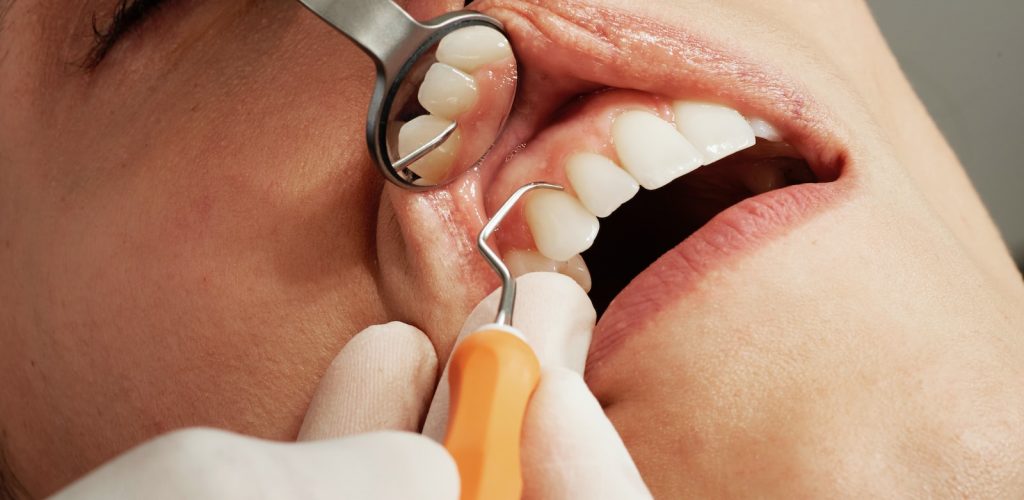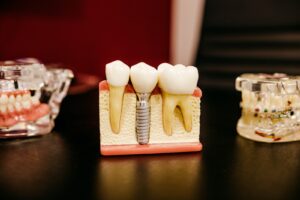Many individuals experience worry and panic before seeing the dentist. Dental anxiety may make it difficult for people to get the oral care they need, whether it is because of a prior poor experience or simply a general dread of dental treatments. Fortunately, there are a number of methods that may be used to manage dental anxiety and improve the experience of a person’s subsequent dental visit.
Communicate with Your Dentist
Speaking with your dentist is one of the most crucial things you can do to reduce dental anxiety. Inform them of your worries and apprehensions so they can collaborate with you to create a strategy that will help you feel more at ease. Your dentist may be able to suggest painkillers or take additional precautions to make you feel more at ease while the treatment is being done.
Practice Relaxation Techniques
Relaxation techniques may be remarkably helpful in reducing anxiety. During your dentist consultation, techniques like deep breathing, meditation, and visualization may make you feel more at ease and in charge. Use these methods to help you mentally and physically be ready for the experience before your visit.
Distract Yourself
Many folks discover that carrying a diversion might help distract them during dental procedures. To keep your mind active, bring a book, some music, or a movie to view on your phone or tablet. To make patients feel more at ease, some dentist clinics even provide distractions like TVs or headphones.
Use Positive Self-Talk
Self-talk that is constructive might help you feel less anxious. Remind yourself of affirmations like “I am safe” and “I am in control” before and during your visit. You may feel more in charge of the situation and more self-assured after hearing these words.
Think About Sedation
Your dentist could suggest sedative methods like nitrous oxide (laughing gas) or oral sedation if your dental anxiety is extremely acute. Having these alternatives available might make the treatment go more smoothly and comfortably for you.
Conclusion
Dental anxiety is a prevalent problem that may make it challenging for people to get the oral care they need. People may overcome their fear and feel more at ease at their next dentist visit by adopting approaches including communication, relaxation techniques, diversions, positive self-talk, and sedation choices. Always put your dental health first. Your dentist is available to support you every step of the way.





